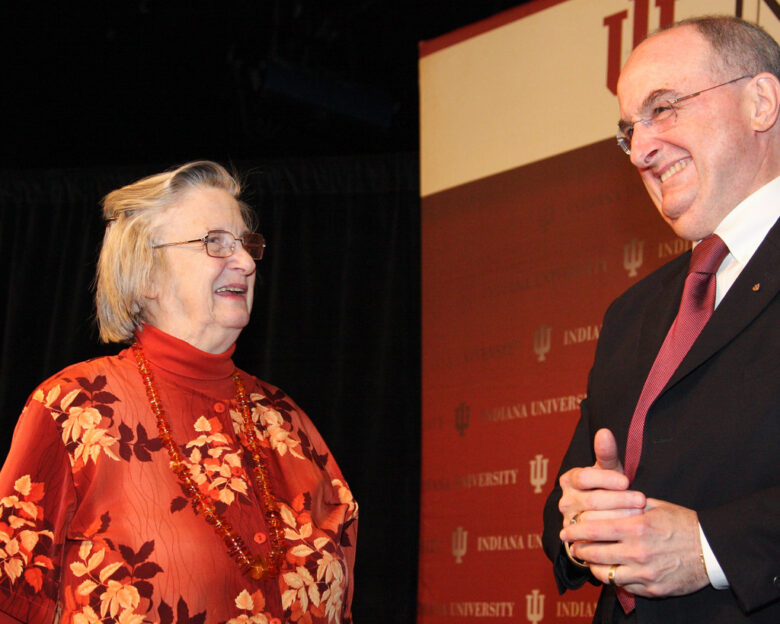In the world of economics, dominated largely by theories of market failure and state intervention, Elinor Ostrom’s work stands out as a beacon of innovative thought. Ostrom, the first woman to win the Nobel Prize in Economic Sciences, challenged conventional wisdom by demonstrating how local property can be successfully managed by local communities without privatization or central regulation. This blog post explores the life, work, and lasting impact of Elinor Ostrom.
Early Life and Academic Journey:
Born in Los Angeles in 1933, Elinor Ostrom’s journey into the world of economics was far from conventional. With an academic background in political science, Ostrom’s interest in economic governance stemmed from her doctoral studies at UCLA. Her doctoral dissertation, which focused on the management of groundwater basins in California, set the stage for her future work.
Groundbreaking Work on Common-Pool Resources:
Ostrom’s most celebrated work is her analysis of common-pool resources (CPR). Contrary to the prevailing ‘Tragedy of the Commons’ narrative, which suggests that individuals acting in self-interest would inevitably overuse and deplete common resources, Ostrom’s research presented a different story. Through extensive fieldwork and case studies, she showed how communities around the world have developed complex systems of rules and arrangements for managing shared resources sustainably.
Key Principles of Managing Common Resources:
In her landmark book, “Governing the Commons,” Ostrom outlined several ‘design principles’ essential for the successful management of common resources. These principles include clearly defined boundaries, rules tailored to local needs and conditions, collective-choice arrangements, effective monitoring, graduated sanctions for rule violators, conflict-resolution mechanisms, and minimal recognition of rights to organize.
Impact and Relevance of Ostrom’s Work:
Ostrom’s work holds immense relevance in today’s world, where issues of sustainability and resource management are more pressing than ever. Her research provides a blueprint for communities worldwide to manage resources like fisheries, forests, and water supplies sustainably.
Challenging Economic Orthodoxy:
By demonstrating the efficacy of community-driven resource management, Ostrom challenged the traditional economic assumption that only private ownership or government control could efficiently manage resources. Her work has profound implications for economic policy, particularly in developing countries where local communities often play a vital role in resource management.
Legacy and Continued Influence:
Elinor Ostrom’s legacy extends beyond economics. Her interdisciplinary approach, which combined elements of economics, sociology, and political science, has influenced fields ranging from environmental studies to public policy. The Ostrom Workshop at Indiana University, founded by her and her husband, continues to foster interdisciplinary research in this area.
Conclusion:
Elinor Ostrom’s pioneering work reshaped our understanding of resource management and governance. By proving that local communities can effectively manage their resources, she offered a hopeful alternative to the grim predictions of resource depletion and economic crises. Her legacy is a testament to the power of innovative thinking and the importance of challenging established norms.





Comments
Thank you for your sharing. I am worried that I lack creative ideas. It is your article that makes me full of hope. Thank you. But, I have a question, can you help me?
Can you be more specific about the content of your article? After reading it, I still have some doubts. Hope you can help me.
Your article helped me a lot, is there any more related content? Thanks!
Thanks for sharing. I read many of your blog posts, cool, your blog is very good.
Can you be more specific about the content of your article? After reading it, I still have some doubts. Hope you can help me.
Your article helped me a lot, is there any more related content? Thanks!